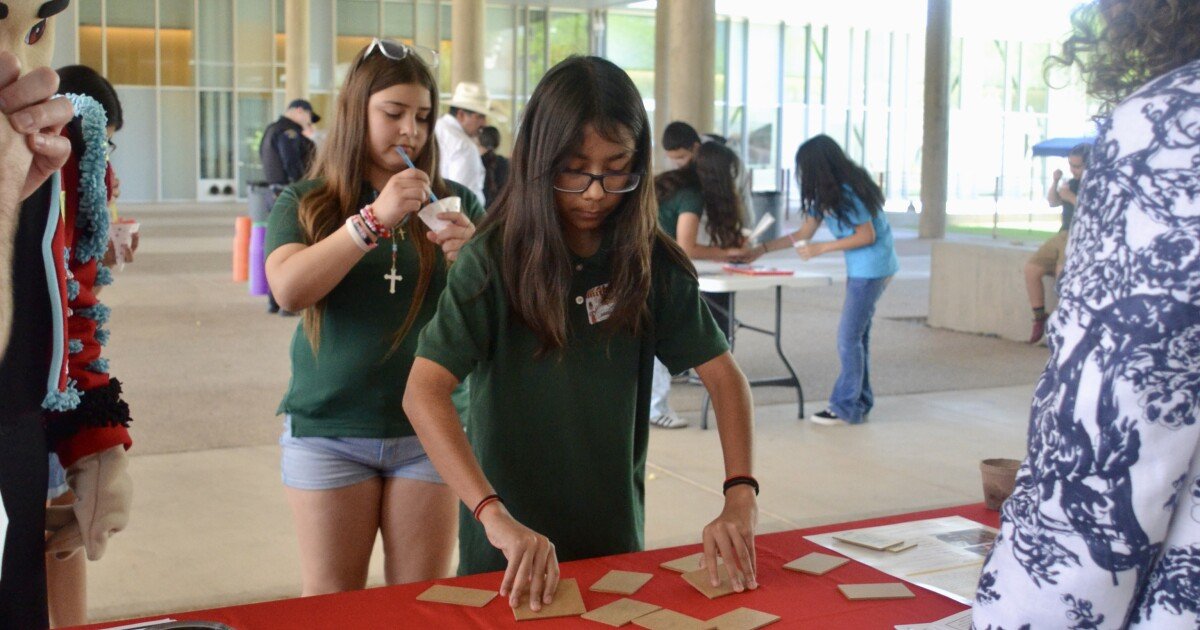One of the easier decisions Maricopa County residents will make on the 2024 ballot is Proposition 479. This is a 20-year extension of the sales tax that has helped build the prosperous community that is metro Phoenix.
Look around you and you’ll see the results of the half-cent sales tax first passed in 1985. Many of the highways we use every day are built with this tool — US 60, Interstate 10 and I-17 extensions, Loop 101, Loop 202, Loop 303, State Route 51, SR 143.
This extensive infrastructure for commerce and daily life has made the place a magnet for industry, people and jobs, and this trend is expected to continue into the future. Maintaining that requires continuation of the same transportation funding.
Greater Phoenix is still booming
metro phoenix is growth is expected According to the Maricopa Association of Governments (MAG), by 2060, the population will increase from about 2.5 million to about 7.5 million.
This is the charm of sunshine, natural beauty and commercial dynamism.
To keep all of this going, we need to extend the sales tax and the billions of dollars in federal funds it frees up before the half-cent tax expires in 2026.
Yes to Proposition 479 will ensure that happens.
It will fund the metropolis’ transportation needs as identified by city, state and business leaders who make up the Maricopa Association of Governments’ Regional Transportation Policy Committee.
The plan was unanimously approved by the commission and MAG’s regional council, which is made up of city, county and tribal leaders, Taylor Seeley of the Arizona Republic reports.
Extending taxes will help avoid traffic congestion

The largest portion of the extended sales tax (40.5%) will go toward highway funding. An additional 33.5% will be allocated to bus transit and bus rapid transit, 22.5% to major roads and regional transportation infrastructure, and 3.5% to light rail maintenance, Sealy reports.
According to MAG, this will help maintain average commute times of 30 minutes until 2050.
Without the sales tax extension, our nation’s transportation system would be “devastated,” said John Bullen, MAG’s financial policy manager.
“The funding sources will not exist to fund the kinds of projects we need, not only to keep up with growth, but also to repair and optimize existing systems,” he told The Renewables. told the public.
Taiwan Semiconductor Manufacturing Company (TSMC) and the U.S. federal government are investing billions of dollars to build a microchip manufacturing plant in Phoenix, and the funds are insufficient to accommodate all the new activity it will generate. essential.
Without the sales tax extension, projects like Interstate 17 and the Loop 303 interchange near TSMC would not have been built, Bren said. “Look at the I-17 trunk backup today. In a few years when TSMC opens, it’s going to be a situation on steroids. It’s going to be a big challenge.”
Additionally, once the tax expires, there will be significantly less money available for maintenance such as pothole repair.
Proposition 479 is a necessary compromise
Legislative Republicans oppose the plan’s spending on light rail, arguing that it is so inefficient and proven to fail that no more should be spent on it.
But under a compromise approved by lawmakers and now before voters, the federal funds released by Prop. 479 would still “dedicate revenue to the cities of Phoenix, Mesa, and Tempe” to “light rail expansion.” The Sealy newspaper reports that.
This allows cities to independently decide that light rail is an important part of their transportation portfolio.
No one is completely satisfied with the plan, as it reflects local needs and desires, but it does reflect the views of stakeholders across the metropolitan area.
Greater Phoenix is an economically huge city. It is a place where many people have been attracted by the lifestyle blessed with beautiful nature and abundant sunlight.
Metro Phoenix’s transportation infrastructure will need to grow with it.
As a testament to our commitment to this metropolitan area and our belief in its promise, The Arizona Republic urges you to vote YES on Proposition 479.
This is the opinion of the Arizona Republic Editorial Board.
















